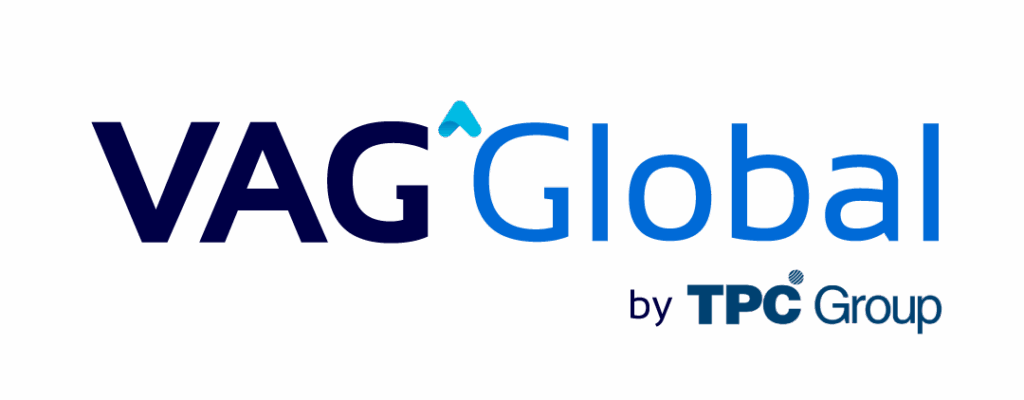The International Financial Reporting Standards (IFRS) Conceptual Framework is the cornerstone for preparing consistent, comparable, and comprehensible financial statements globally. Issued by the International Accounting Standards Board (IASB), this framework establishes the fundamental guiding principles for preparing and filing financial information.
What Is the IFRS Conceptual Framework?
The Conceptual Framework is a document supporting the creation and application of IFRS theoretically. Its main objective is to serve as a reference for the development of new standards and resolve accounting issues when a specific standard does not address a particular one.
Objective of Financial Statements
To provide financial information useful to investors, creditors, and other users for making informed economic decisions. This information should reflect the financial performance, position, and cash flows of an entity.
Qualitative Characteristics of Financial Information
The essential qualitative characteristics are grouped along for clarity:
- Relevance and faithful representation: The information must influence the decisions of users, being complete, neutral, and error-free.
- Comparability and verifiability: They identify similarities and differences between periods or entities and the confirmation of results by different observers.
- Timeliness and understandability: The information must be available on time, understandable, and easy for users to interpret.
Elements of Financial Statements
The Conceptual Framework defines five essential elements:
- Assets: These are resources controlled by the entity due to past events from which eventual economic benefits are expected to be obtained. Examples: Property, machinery, cash, and accounts receivable.
- Liabilities: These are present obligations derived from past events, the settlement of which is expected to result in an outflow of resources. Examples: Loans, accounts payable, and provisions.
- Equity: This represents the residual interest in the entity’s assets after deducting all liabilities. It is the difference between assets and liabilities, reflecting the net value for the owners.
- Revenue: This is an increase in economic benefits during an accounting period arising from ordinary activities, such as the sale of goods or the provision of services.
- Expenses: These represent decreases in economic benefits, such as operating costs, salaries, depreciation, and losses, which occur in the course of the entity’s operations.
Recognition and Measurement
Recognition consists of incorporating into the financial statements the elements that meet the criteria of probability of economic benefits and reliable measurement of the entity’s financial position accurately.
Measurement assigns a monetary value to the recognized elements. This assignment can be made using different common bases, such as historical costs, fair value, or amortized costs. The choice of the measurement basis must be consistent with the nature of the elements and contribute to the faithful representation of the financial information.
Bases of Capital and Its Maintenance
The Conceptual Framework identifies two concepts of capital maintenance:
- Maintenance of financial capital: Capital is maintained if the financial amount at the end of the period is equal to or greater than that at the beginning.
- Maintenance of physical capital: Capital is maintained if the productive capacity at the end of the period is equal to that at the beginning.
Conclusion
The IFRS Conceptual Framework is essential for ensuring transparency, consistency, and comparability of financial information globally. Its correct application not only facilitates regulatory compliance but also boosts investor confidence and improves business decision-making.
Boost your financial management with VAG Global!
Do you want to apply the IFRS strategically and efficiently? Trust VAG Global, your expert partner in accounting and financial consulting. Improve your regulatory compliance and make informed decisions with our support.
Contact us today and take your business to the next level!

